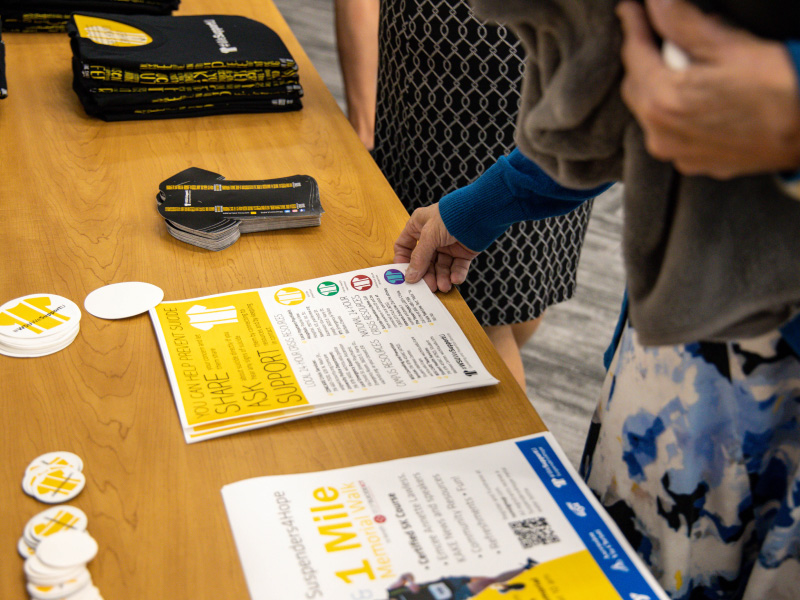Nicotine Use
What is nicotine?
Nicotine is an addictive substance found in the tobacco plant. All tobacco products contain nicotine, and nicotine is the primary reason why individuals continue to use tobacco products.
According to the National Institute on Drug Abuse (NIDA), nicotine creates a temporary feeling of well-being and relaxation through a surge of endorphins. It also increases heart rate and oxygen usage.
There are many products which contain nicotine:
- Tobacco products, such as cigarettes, cigars, pipe tobacco
- Smokeless tobacco, such as chewing tobacco, dipping tobacco, snuff, and dissolvable tobacco
- E-Cigarettes/Vapes
- Tobacco-free nicotine pouches (such as Zyns)
Nicotine and tobacco usage come with significant physical health risks.
Immediate effects include dizziness, coughing, headaches, and increased heart rate.
Regular and heavy use may cause cancer, strokes, blindness, respiratory diseases, and reduced immune function.
Research shows that while nicotine temporarily boosts dopamine, it ultimately reduces the brain's ability to produce this "feel-good" hormone. This can exacerbate depressive symptoms and lead to dependence on nicotine products.
Nicotine also increases anxiety and tension over time – the sense of relaxation caused by nicotine is short lived and leads to withdrawal symptoms and cravings.
Here are some ways to be safer when using nicotine products:
- Only use products obtained from a store
- Stay hydrated to avoid dehydration caused by nicotine
- Make sure you are eating enough
- Try to limit use
- Learn additional coping skills
If someone is using tobacco as a coping tool, quitting can be easier when other coping skills are used. Here are some examples to explore:
- Movement
- Mindfulness and Meditation
- Breathing exercises
- Creative expression
- Spirituality
- Humor
- Communication and support
Student Health Services: 316-978-4792
Tobacco cessation assistance
Kansas Tobacco Quitline:1-800-QUIT-NOW (784-8669)
7 days a week, 24 hours a day
FREE one-on-one coaching for Kansans ready to quit using any form of tobacco, including
vaping
National Cancer Institute’s Smoking Quitline, 1-877-44U-Quit
Offers free, proactive counseling by trained personnel. www.Smokefree.gov
SAMHSA 24/7 National Helpline, 1-800-662-HELP (4357)
Free help and connection with resources for mental health and substance use disorders
By texting DITCHVAPE to 88709, you consent to recurring encouraging messages from Truth Initiative to help you quit vaping.
Nicotine Replacement Therapy (NRT) helps ease withdrawal discomfort. There are five FDA-approved NRT options that are commonly available over the counter and allow individuals to gradually reduce nicotine intake over time. Learn more.






